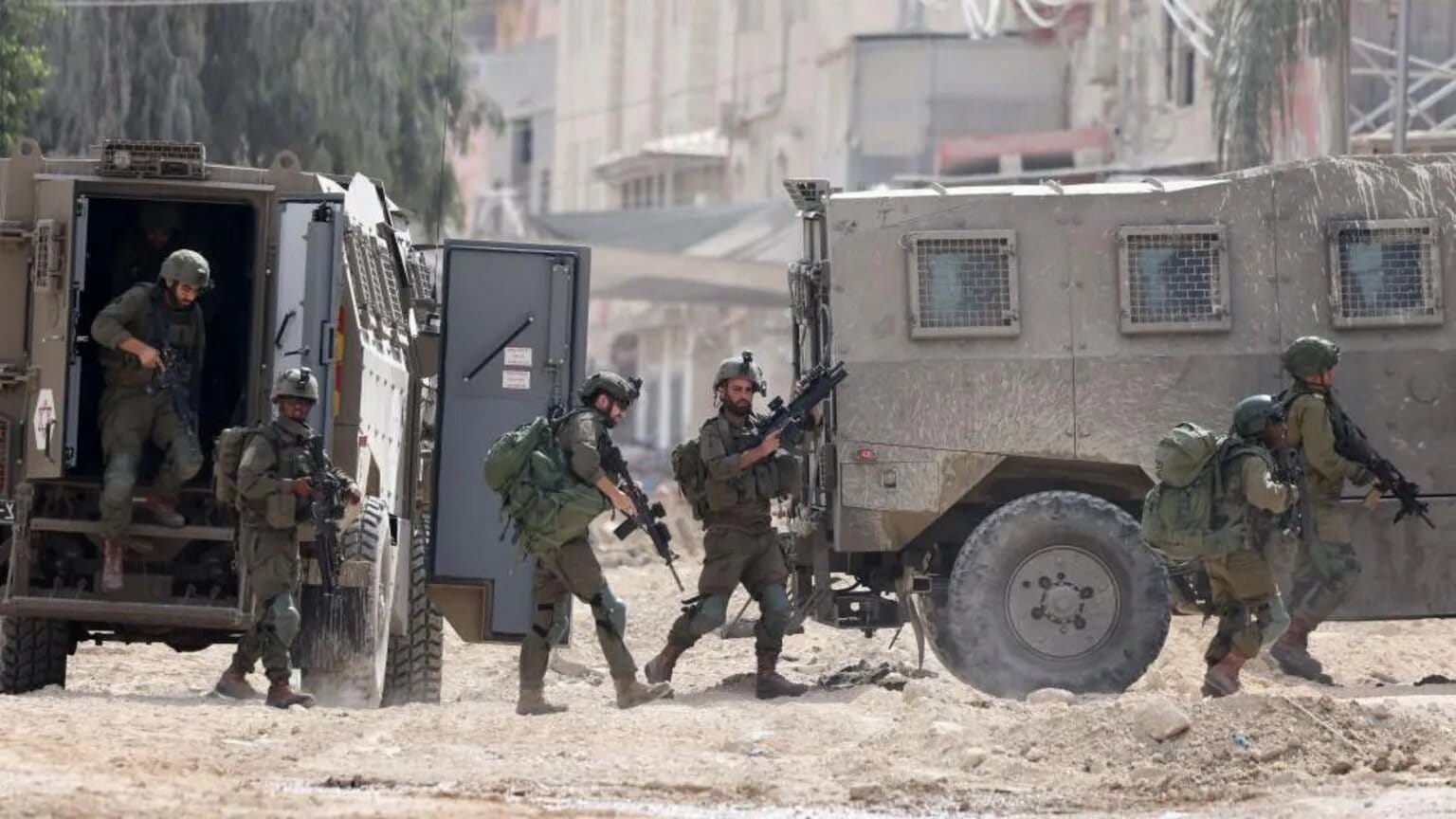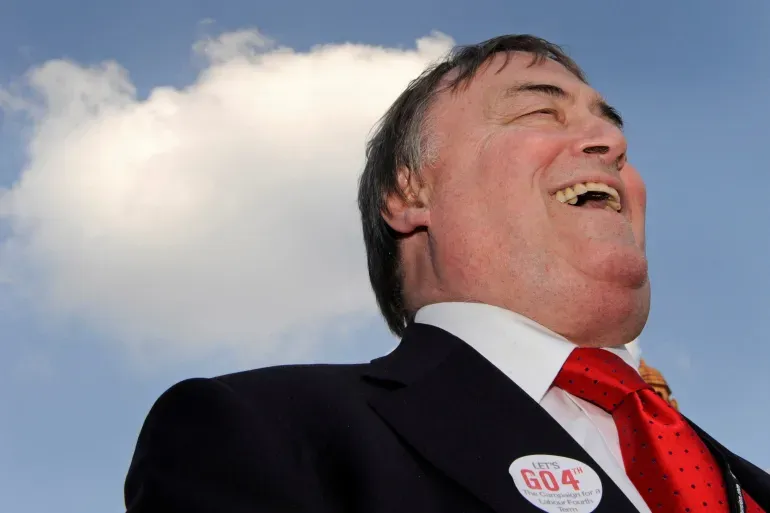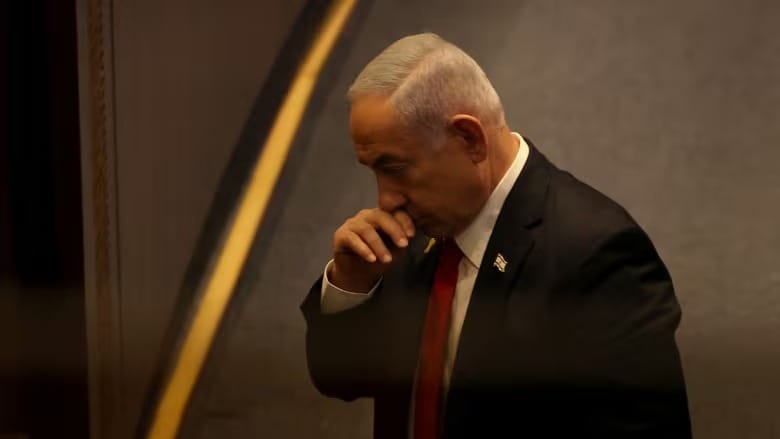UN demands de-escalation while Israeli incursions into the West Bank persist
UN Secretary-General Antonio Guterres has urged Israel to cease its operation immediately, citing concerns that it is "fuelling an already explosive situation."

Israeli forces have continued their raids in the occupied West Bank for a second consecutive day, prompting calls for de-escalation from the United Nations.
The Israel Defense Forces (IDF) launched what they described as a "counter-terrorism operation" on Wednesday.
By Thursday, the IDF reported 12 fatalities in the cities of Jenin and Tulkarm.
The Palestinian health ministry reported a higher death toll, claiming 16 people have been killed since Wednesday morning.
UN Secretary-General Antonio Guterres has urged Israel to cease its operation immediately, citing concerns that it is "fuelling an already explosive situation."
He has called for "maximum restraint" from Israeli forces and emphasized that lethal force should only be used when absolutely necessary.
The IDF reported that five individuals were killed in Tulkarm after exchanges of fire with militants who were reportedly "hidden inside a mosque."
Seven deaths were reported in Jenin. Among the deceased was Mohammed Jaber, also known as Abu Shujaa, who was identified by the Israeli military as the local leader of the Tulkarem Brigade, which is supported by the Palestinian Islamic Jihad militant group.
The IDF claimed Jaber was involved in several attacks on Israelis and was planning further attacks.
The Tulkarm Brigade responded via Telegram, stating that their fighters had ambushed an Israeli infantry unit "in response to the assassination of our commander," though they did not name Jaber.
The IDF reported the apprehension of 10 wanted suspects and the seizure of explosives and weapons during the raids in Tulkarm and Jenin.
The Palestinian Mission to the UN condemned the raids, alleging that the Israeli military had "invaded homes, deliberately targeted civilians, destroyed vital infrastructure, and even besieged the four main hospitals in the area."
In Jenin, ambulances have been halted and checked by military vehicles stationed around the government hospital as the security forces continue their operation in the refugee camp, which serves as a base for armed groups and also houses unarmed civilians.
Access to the camp has been restricted, and Palestinian phone networks are down.
This operation is reportedly one of the largest in the West Bank since the second Palestinian intifada, or uprising, over two decades ago.
Israeli Ambassador to the UN, Danny Danon, stated that the operation aims to "prevent Iranian terror-by-proxy that would harm Israeli civilians."
He accused Iran, which supports both Hamas and Palestinian Islamic Jihad, of attempting to smuggle explosive devices to attack Israel. Danon asserted that Israel cannot "sit idly by" while such threats are posed.
Violence in the West Bank has surged since Hamas's attack on Israel on October 7 and the subsequent war in Gaza. EU foreign policy chief Josep Borrell has warned that the West Bank operation "must not constitute the premises of a war extension from Gaza."
He is initiating a process to ask EU members whether they wish to impose sanctions on certain unnamed Israeli ministers, whom he accuses of "launching unacceptable hate messages against the Palestinians and proposing measures that clearly violate international law."





